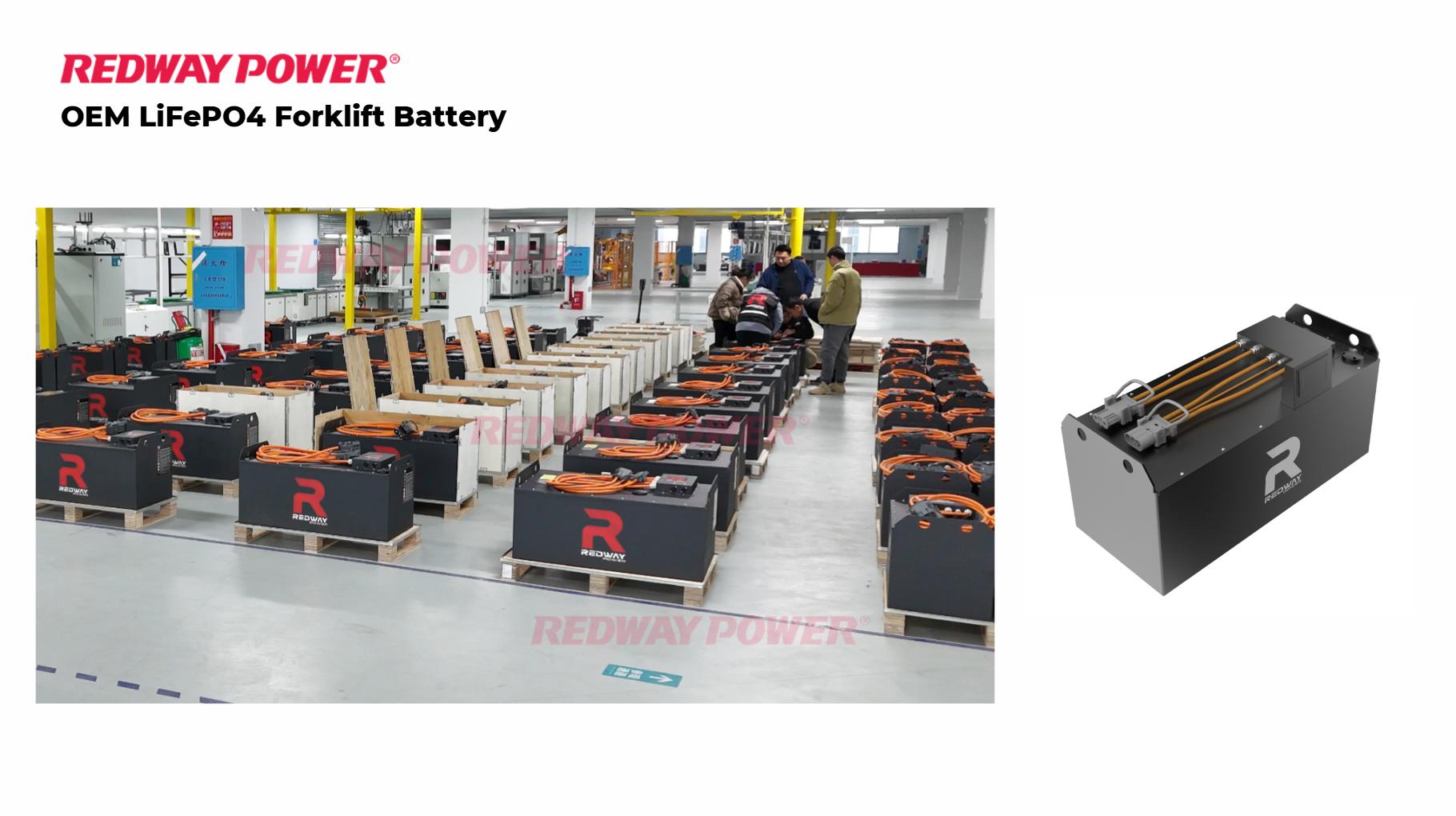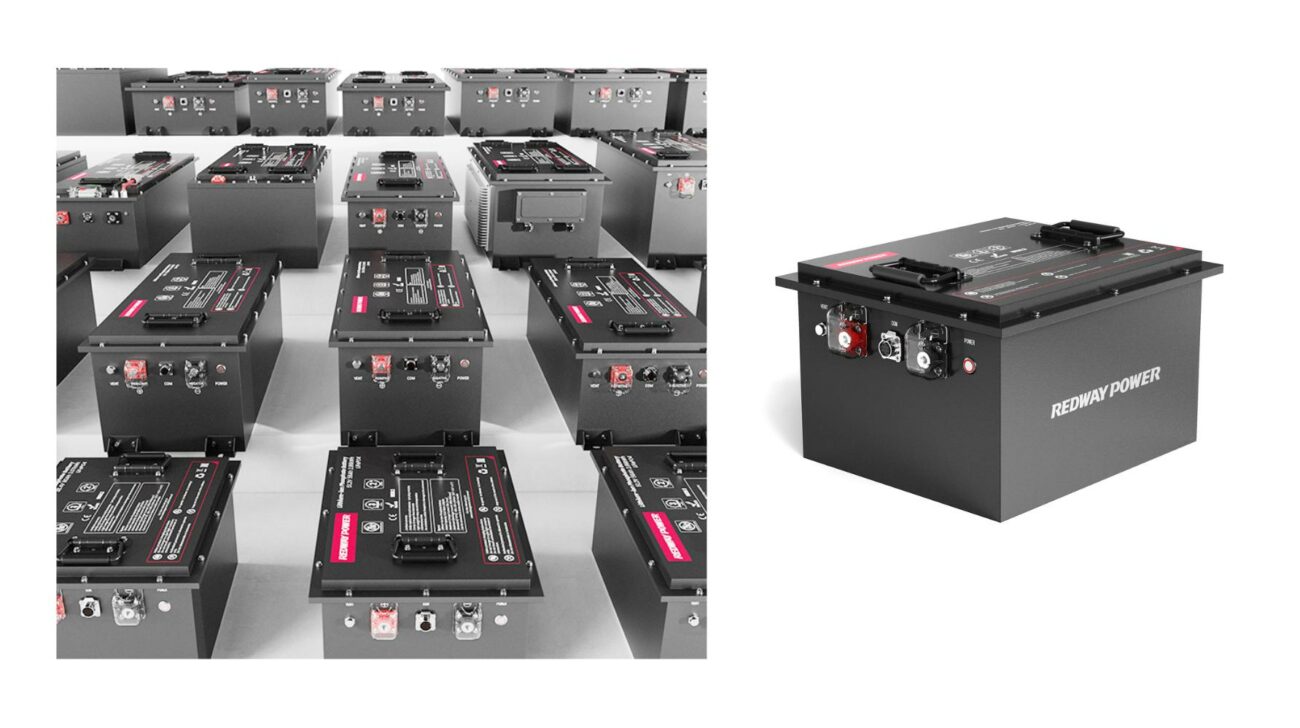Recycling forklift batteries is essential for minimizing environmental impact while promoting sustainability in industrial operations. Understanding battery recycling processes, eco-friendly options, and regulatory requirements can help businesses make informed decisions.
What Happens During Battery Recycling?
During battery recycling, used batteries are collected and transported to specialized facilities where they are disassembled into their component parts. Most lead-acid batteries can be recycled up to 99%, with lead being extracted for reuse in new batteries while sulfuric acid is neutralized into water or converted into sodium sulfate.Chart: Battery Recycling Process
| Step | Description |
|---|---|
| Collection | Used batteries are gathered from various sources |
| Disassembly | Batteries are broken down into components |
| Material Recovery | Lead, plastic, and acid are separated |
| Processing | Recovered materials are refined for reuse |
What Are the Benefits of Recycling Forklift Batteries?
Recycling forklift batteries offers numerous benefits:
- Environmental Protection: Reduces hazardous waste and prevents pollution.
- Resource Conservation: Reuses valuable materials like lead and plastic.
- Economic Savings: Lowers disposal costs and can provide financial incentives through scrap value.
What Are Eco-Friendly Options for Industrial Batteries?
Eco-friendly options include:
- Lithium-Ion Batteries: These have a longer lifespan, higher energy density, and lower environmental impact compared to traditional lead-acid batteries.
- Nickel-Metal Hydride (NiMH) Batteries: Less toxic than lead-acid; however, they have a shorter lifespan than lithium-ion options.
Chart: Comparison of Eco-Friendly Battery Types
| Type | Lifespan (Cycles) | Environmental Impact | Maintenance Level |
|---|---|---|---|
| Lithium-Ion | 3,000 – 5,000 | Low | Low |
| Nickel-Metal Hydride | 1,000 – 2,000 | Moderate | Medium |
| Lead-Acid | 1,000 – 1,500 | High | High |
What Are the Environmental Impacts of Lead-Acid Batteries?
Lead-acid batteries pose significant environmental risks due to their toxic components:
- Lead Contamination: Improper disposal can lead to soil and water contamination.
- Acid Spills: Sulfuric acid can cause severe environmental damage if not handled correctly.
How Do Lithium-Ion Batteries Compare to Lead-Acid?
Lithium-ion batteries offer several advantages over lead-acid:
- Longer Lifespan: Up to 10 years, significantly reducing waste.
- Higher Efficiency: More energy-efficient with less heat generation during charging.
- Lower Toxicity: Contain fewer hazardous materials compared to lead-acid batteries.
What Are the Current Regulations on Disposing of Industrial Batteries?
Regulations vary by region but generally require that industrial batteries be disposed of through certified recycling programs to prevent environmental harm. Compliance with local laws is essential to avoid penalties.
What Are the Key Advantages of Using Lithium-Ion Over Lead-Acid?
Key advantages include:
- Reduced Downtime: Faster charging times (1-4 hours vs. 8-10 hours).
- Maintenance-Free: No need for regular watering or equalization.
- Space Efficiency: Smaller size allows more flexible storage options.
How Does Improper Disposal Affect the Environment?
Improper disposal can lead to severe environmental consequences:
- Contamination from hazardous materials can affect local ecosystems.
- Increased landfill waste contributes to pollution and resource depletion.
What Innovations Are Emerging in Battery Recycling Technology?
Emerging technologies focus on improving recycling efficiency and reducing environmental impact:
- Hydrometallurgical Processes: Use less energy compared to traditional methods.
- Advanced Material Recovery Techniques: Enhance recovery rates for valuable metals.
- Battery-as-a-Service Models: Promote circular economy practices by leasing rather than owning batteries.
How Can Businesses Promote Eco-Friendly Practices?
Businesses can adopt eco-friendly practices by:
- Implementing recycling programs for used batteries.
- Choosing environmentally friendly battery options like lithium-ion.
- Educating employees about proper battery handling and disposal methods.
Expert Views
“Transitioning from lead-acid to lithium-ion not only enhances operational efficiency but also significantly reduces environmental impact,” says an expert from Redway. “By adopting responsible recycling practices and choosing sustainable battery options, businesses can contribute positively to both their bottom line and the planet.”
Conclusion
In conclusion, understanding how to recycle used forklift batteries responsibly while recognizing eco-friendly alternatives is vital for businesses aiming to minimize their environmental footprint. By choosing lithium-ion over lead-acid batteries and adhering to proper disposal regulations, companies can enhance sustainability in their operations.
FAQ Section
- What should I do with old forklift batteries?
Old forklift batteries should be recycled through certified programs that ensure safe handling and processing. - Are lithium-ion batteries better for the environment than lead-acid?
Yes, lithium-ion batteries generally have a lower environmental impact due to their longer lifespan and reduced toxicity. - What regulations exist regarding industrial battery disposal?
Regulations vary by region but typically require that industrial batteries be disposed of through certified recycling programs.





